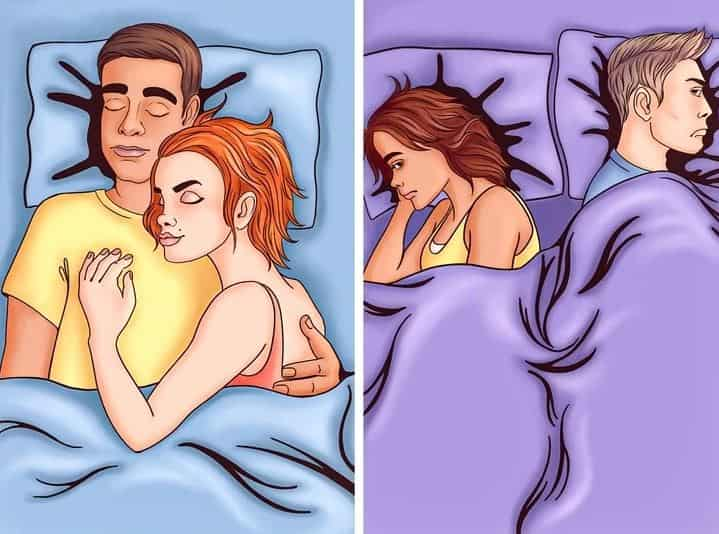He Was $5 Short and Ready to Walk Away — Until the Cane Slammed Down
The shouting started by the bread aisle. An elderly man slammed his cane against the floor, and the sharp crack cut through the noise like a gunsh0t. A teenager froze mid-step. Everyone turned.
My name’s George. Seventy-two. Vietnam veteran. Widower. Most days, I stay out of the way. Since Linda passed, the house has been too quiet. My life’s simple—canned soup, a loaf of bread, black coffee. Tuesdays, I make my trip to Food Lion. Same time. Same list.
That day, the rain was coming down in sheets. I shook off my coat at the door, gripped my cane, and took my time. Milk. Bread. Coffee. Just enough for the week.
At checkout, I found myself behind a boy—seventeen, maybe. Thin hoodie, beat-up sneakers, hunched shoulders like life was already wearing him down. His cart was sparse: bread, ramen, peanut butter. Groceries that say, I’m just trying to get by.
He paid with coins. Nickels, dimes, quarters—his hands trembling as he slid them across. The cashier counted, frowned, and said flatly:
“You’re five dollars short.”
The kid’s face went crimson. He started to push his food aside, ready to walk away.
Behind me, a man in a sharp tie let out a laugh that was more insult than humor.
“Kid,” he said loud enough for everyone to hear, “if you can’t even pay for groceries, maybe you shouldn’t be here wasting our time.”
The boy froze, jaw clenched tight, shame burning across his face.
I don’t know what came over me, but I slammed my cane down so hard it echoed.
“Hey!” I barked. “Enough.”
The man turned, annoyed. “Excuse me?”
“You heard me.” My voice came out rough, steady. “You don’t know this boy. Don’t stand there and humiliate him.”
The entire lane went silent. Even the cashier stopped moving.
The man sneered, motioning toward the kid.
“And you do? He’s just another loser.”
My chest tightened, heat rising up my neck. My voice dropped, low and hard.
“I buried friends who never got the chance to prove who they were. I won’t stand here and watch you do the same—not while I’m breathing.”
The store went so quiet I could hear the rain tapping the roof. The man’s face shifted. He muttered something under his breath and turned away.
The boy stood there, frozen.
I took out my wallet and slid a twenty across the counter.
“Ring it up,” I said. “Keep the change.”
The boy’s eyes went wide. “Sir—thank you. I’ll pay you back, I swear.”
I rested a hand on his shoulder.
“No need. Just promise me this—next time you see someone struggling, whether you can see it or not, you help lighten their load.”
He swallowed, nodded quickly, his eyes shining.
“Yes, sir. I will.”
He gathered his bag and stepped out into the rain.
The man in the tie kept his eyes on the floor. Pretended he wasn’t there. A mom holding a toddler whispered, “God bless you.”
I didn’t feel like a hero. My knees hurt, my hands shook. But as I walked out with my groceries, my chest felt lighter.
A week later, back for coffee, it was raining again. In the parking lot, I spotted the same boy near a rusty old sedan. He was helping a frail woman—had to be pushing eighty—load bags into her trunk. She tried to wave him off, but he kept going, careful and patient.
When he turned, he saw me. No smile. Just a quiet nod. I nodded back, my throat tight.
Driving home, I thought of Linda. She always said, “Kindness isn’t about words. It’s about what you do—quiet, simple.”
She was right.
It’s not about grand gestures. Not about saving the world. Sometimes it’s slipping a twenty across the counter. Sometimes it’s a teenager loading groceries in the rain. Sometimes it’s an old man refusing to let cruelty win.
We never really know the weight someone else is carrying. But if we shoulder just a piece of it—just enough so they can stand a little straighter—maybe the world gets lighter for everyone.
Change doesn’t begin with speeches or politics. It begins in grocery aisles, in rain-soaked parking lots, in the smallest acts of decency. Pass it on.



